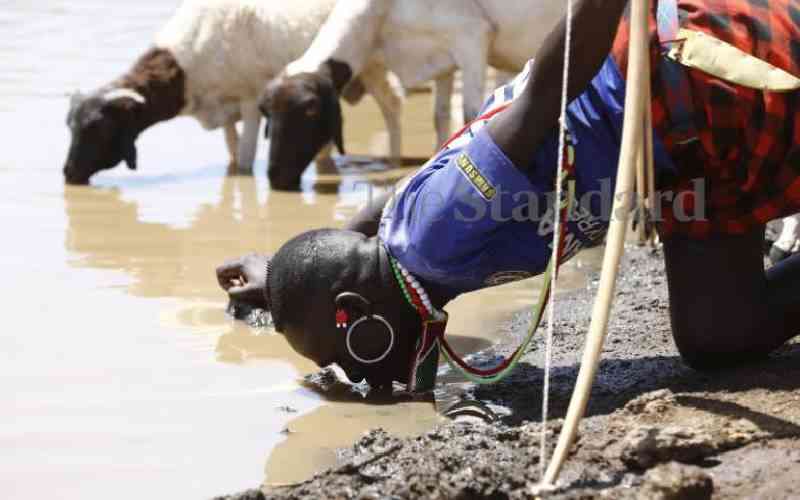×
The Standard e-Paper
Fearless, Trusted News

Pastoralist communities in Pokot and Turkana counties have devised grazing patterns in bid to end hostilities and cattle theft that has compromised security in the region.
In a historic move aimed at fostering peace and ending insecurity fueled by cattle rustling, the herders have moved to end confrontations over competition for scarce resources including pasture and water.






